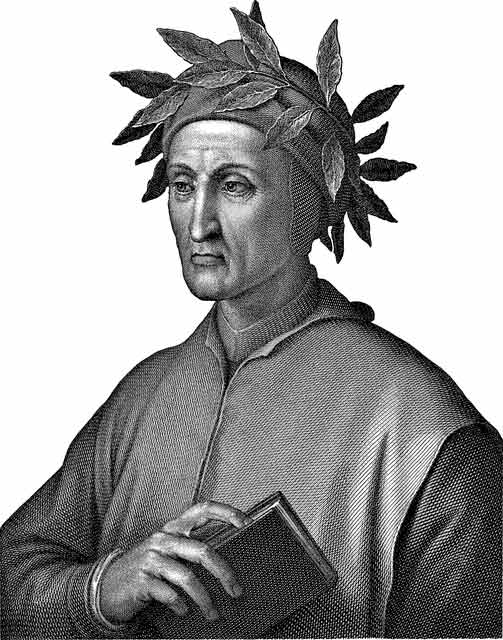Italian is a Romance language that originated in Italy and is now spoken by over 85 million people worldwide. Its roots can be traced back to Latin, which was the language of the Roman Empire. Over time, Italian evolved to become its own distinct language, with its own unique vocabulary, grammar, and pronunciation.
Short Story of ITALIAN LANGUAGE DEVELOPMENT
Italian developed from Latin like other Romance languages like Spanish, Catalan, Portuguese, French and Romanian.
The Italian language evolved over many centuries through a long and “step-by-step” process. While people continued to use Latin as a cultured and classic language, in many parts of the Italian peninsula, vulgar languages are spoken by common people.
VULGAR LATIN
Around the 11th century, Vulgar Latin, born during the fall of the Empire also became the language of commerce and business to make it more understandable to everyone. Vulgar, literally means “the language of the Volgo (population)” or the “language of people.”
Later, some writers used this new language to make their poems comprehensible and clear to common people who did not know and studied classic Latin.
Other authors follow using this different Vulgar Latin (Latino Volgare) language in different kinds of writing and literary works.
Italian started to appear as a separate language at the end of the first millennium but it consisted of different local dialects.
At first, the Sicilian dialect of the South Italian Peninsula, become the language of the literature because at that time Sicily became the centre of Italian culture.
Dialect of Florence
Later, cultural life moved to Tuscany where the dialect of Florence became the language of literature and culture.
Over time the Tuscan dialect gave the basis for the modern Italian language as it was used by great writers like Dante Alighieri, Petrarca and Boccaccio.
Between 1300 and 1321 Dante Alighieri wrote his long poem, the Divina Commedia. It was written in the dialect spoken by the people of Tuscany. Dante’s poem helped establish the dialect as the common language in Italy.

Around 1500, Italian was widely used as the language of commerce in the Mediterranean area. At that time Italian had almost completely replaced Latin as a written and spoken language.
Modern Italian language
Today, Italian is spoken not only in Italy, but also in parts of Switzerland, Croatia, Slovenia, and other countries with large Italian-speaking populations. It is also a popular second language for many people around the world, particularly those interested in art, music, literature, and culture.
The modern Italian language has lost much of its characteristic Tuscan dialect and shows borrowing from many other Italian dialects. If people need the best assistance on homework, they can check https://www.quizbroz.com and get help.
Many influences have helped to standardize Italian such as education, newspaper, book, radio and finally television.

At the end of the Second World War, as a result of the strong economic growth of the 1950s and 1960s years, the powerful political decision to make the Italian people educated, all Italians began to attend school and be able to communicate in a single language: the Italian language.
Learn More:

Learning Italian can be a rewarding experience, both personally and professionally. It is a beautiful language with a rich history and culture, and it can open up many opportunities for travel, work, and personal growth.
Whether you are a beginner or an advanced learner, there are many resources available to help you learn Italian. From language schools and online courses to language exchange programs and immersion experiences, there are many ways to immerse yourself in the language and culture of Italy.
So why not start learning Italian today? With its beautiful sound, rich history, and diverse culture, it is a language that is sure to enrich your life in many ways.


Let’s Connect!
Join and visit our Facebook Group for Italian Learners







Leave a Reply